Home>Home Maintenance>How Much Does A Home Inspection Cost In Colorado
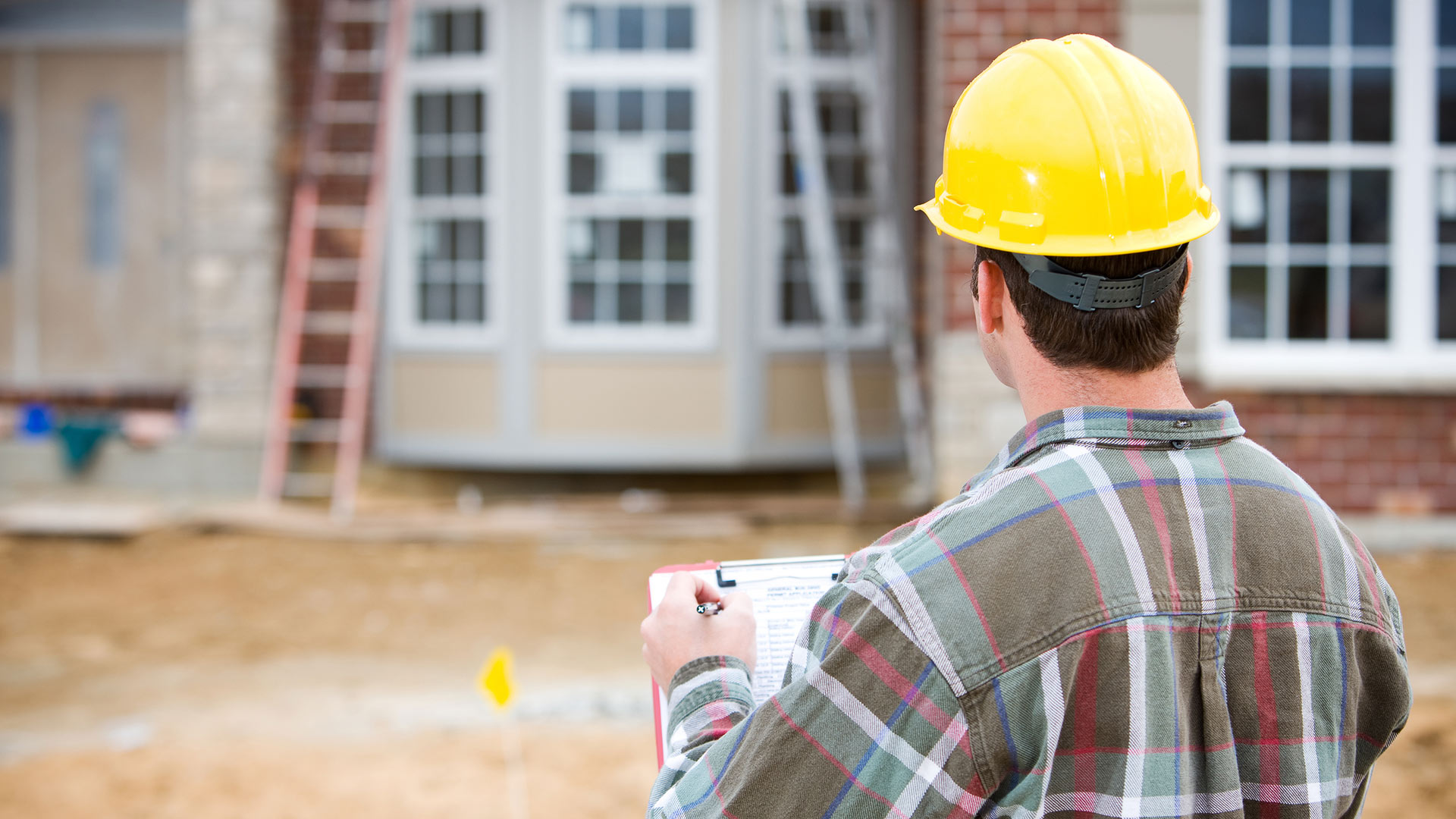

Home Maintenance
How Much Does A Home Inspection Cost In Colorado
Modified: March 24, 2024
Find out the cost of a home inspection in Colorado and get insights on home maintenance.
(Many of the links in this article redirect to a specific reviewed product. Your purchase of these products through affiliate links helps to generate commission for Storables.com, at no extra cost. Learn more)
Introduction
Welcome to Colorado, a state known for its stunning landscapes, thriving cities, and diverse architectural styles. If you’re planning to buy a home in Colorado, it’s crucial to prioritize a thorough home inspection to ensure that you’re making a sound investment. A home inspection can uncover potential issues and help you make informed decisions about the property you’re considering.
In this article, we’ll discuss the factors that affect home inspection costs in Colorado, provide an overview of the average costs you can expect, highlight additional services and fees, offer tips on choosing a home inspector, and emphasize the importance of home inspections.
Owning a home is often the biggest investment in a person’s life, and it’s important to understand the condition of the property before finalizing the purchase. By conducting a comprehensive home inspection, you can gain valuable insights into the overall condition of the house, including its structural integrity, electrical and plumbing systems, HVAC system, and potential issues with pests, mold, or asbestos.
Now, you may be wondering, how much does a home inspection cost in Colorado? The answer isn’t straightforward as several factors can influence the cost. So, let’s dive into the factors that can affect the pricing of home inspections in Colorado.
Key Takeaways:
- Home inspection costs in Colorado range from $300 to $500, influenced by factors like property size, age, location, and additional services. Prioritize quality and expertise over the lowest price when choosing an inspector.
- A home inspection is crucial for uncovering potential issues, ensuring safety, preventing costly repairs, and providing peace of mind. It’s an investment that pays off in the long run and helps make informed decisions when buying a home in Colorado.
Read more: How Much Does Sunroof Repair Cost
Factors Affecting Home Inspection Costs in Colorado
When it comes to determining the cost of a home inspection in Colorado, several factors come into play. Understanding these factors can give you a clearer idea of what to expect in terms of pricing. Here are some key factors that can affect home inspection costs:
- Property Size: One of the primary factors influencing the cost of a home inspection is the size of the property. Generally, larger homes require more time and effort to inspect thoroughly, which can result in higher inspection fees.
- Property Age: The age of the property can also impact the inspection cost. Older homes often have more potential issues that require closer examination, increasing the time and expertise required for the inspection.
- Location: The location of the property within Colorado can play a role in the inspection cost. If the property is located in a remote or hard-to-reach area, the inspector may need to travel longer distances, which could result in additional fees.
- Additional Services: Some home inspections may require additional services, such as pest inspections, radon testing, or specialized inspections for pools, septic systems, or wells. These add-on services can increase the overall cost of the inspection.
- Inspector’s Experience and Qualifications: The experience and qualifications of the home inspector can also impact the cost. Inspectors with extensive experience and specialized certifications may charge higher fees for their expertise.
- Market Competition: The level of competition among home inspectors in a specific area can impact the pricing as well. In areas with a higher number of inspectors, prices may be more competitive, while in areas with fewer options, prices might be higher.
It’s essential to discuss these factors with potential home inspectors to get a clear understanding of their pricing structure and any additional fees that may apply. Keep in mind that the cost of a home inspection should not be the sole determining factor when choosing an inspector. The quality of their work, experience, and reputation are equally important.
Average Home Inspection Costs in Colorado
Now that we’ve discussed the factors that can affect the cost of a home inspection in Colorado, let’s delve into the average costs you can expect. It’s important to note that these figures are approximate and can vary depending on the specific circumstances of each inspection.
In Colorado, the average cost of a home inspection typically ranges from $300 to $500. This cost covers a comprehensive examination of the property, including the foundation, roof, plumbing, electrical systems, heating and cooling systems, and more. It’s important to choose a reputable and experienced inspector who will provide a thorough and professional assessment of the property.
The size and age of the property will have a significant impact on the inspection cost. Smaller homes may have a lower base price, while larger properties with more square footage may come with additional charges. Likewise, older homes tend to have more potential issues, requiring more time and expertise to inspect thoroughly.
Additional services, such as pest inspections, radon testing, or specialized inspections for pools, septic systems, or wells, may incur additional fees. These services are crucial in identifying specific issues that may not be covered in a standard home inspection.
It’s important to keep in mind that while price is a factor to consider when choosing a home inspector, it should not be the sole determining factor. The experience, qualifications, and reputation of the inspector are equally important in ensuring a thorough and accurate assessment of the property.
Before hiring a home inspector, it’s advisable to obtain multiple quotes from different inspectors in your area. This will give you a better idea of the average cost range in your specific location and allow you to compare the services offered by different inspectors.
While it may be tempting to opt for the lowest-priced inspector, it’s essential to consider their qualifications and track record. Look for reputable inspectors who are members of professional associations, such as the American Society of Home Inspectors (ASHI) or the National Association of Home Inspectors (NAHI).
Remember that a thorough home inspection is an investment in your peace of mind and can potentially save you thousands of dollars in unforeseen repairs or issues. Therefore, prioritizing quality and expertise over the lowest price is crucial when choosing a home inspector.
Additional Services and Fees
In addition to the standard home inspection, there are several additional services that you may consider to get a more comprehensive assessment of the property. These services often come with additional fees, but they can provide valuable insights into specific areas of concern. Here are some common additional services you may want to consider:
- Pest Inspections: Pest inspections focus on identifying any signs of pest infestation, such as termites, rodents, or wood-boring insects. These inspections can be particularly important in areas where pests are prevalent, such as Colorado.
- Radon Testing: Radon is a colorless, odorless gas that can be harmful in high concentrations. Radon testing involves measuring the levels of radon gas in the property. Given the geography of Colorado, which includes rocky soils that may contain elevated levels of radon, it’s advisable to consider radon testing.
- Specialized Inspections: Depending on the features of the property, additional inspections may be necessary. For example, if the property has a swimming pool, septic system, or well, specialized inspections can assess the condition and functionality of these components.
- Mold Testing: Mold can be a common issue in certain areas of Colorado due to the climate and moisture levels. Mold testing involves taking samples to determine if mold is present and identify the type and extent of the infestation.
- Asbestos Testing: Asbestos was commonly used in building materials until the 1970s and can still be found in older homes. Asbestos testing determines if the property contains asbestos and assesses the risk it poses to occupants.
- Additional Site Visits: In some cases, the home inspector may need to conduct additional site visits to reassess certain areas or components. These additional visits might incur extra fees, so it’s important to clarify any potential charges upfront.
The fees for these additional services vary depending on the complexity and scope of the inspection. It’s advisable to discuss these additional services and their associated fees with your chosen home inspector to get a clear understanding of the costs involved.
Remember that while these additional services come with extra fees, they can provide crucial information regarding specific areas of concern. Investing in these services can save you from potential headaches and expenses down the line.
It’s worth noting that not all homes may need all of these additional services. The necessity of these services depends on various factors, including the condition and history of the property, local regulations, and your own preferences and concerns.
Consulting with your home inspector and discussing your specific needs and concerns will help determine the additional services that are most appropriate for your situation. This collaborative approach will ensure that you receive a comprehensive assessment of the property and make informed decisions regarding your potential investment.
When budgeting for a home inspection in Colorado, expect to pay between $400 and $600 on average. Prices can vary based on the size and age of the home, as well as the inspector’s experience and location. Be sure to get quotes from multiple inspectors to find the best value for your money.
How to Choose a Home Inspector in Colorado
Choosing the right home inspector is crucial to ensure a thorough and accurate assessment of the property. Here are some key factors to consider when selecting a home inspector in Colorado:
- Experience and Qualifications: Look for a home inspector with ample experience and the necessary qualifications. Ask about their training, certifications, and any specialized knowledge or areas of expertise they may have. Experienced inspectors will have a keen eye for potential issues and be able to provide valuable insights.
- Good Reputation: Research online reviews and ask for references from past clients. A reputable home inspector should have positive feedback and satisfied customers who can vouch for their professionalism, expertise, and attention to detail.
- Membership in Professional Associations: Check if the home inspector is a member of professional organizations such as the American Society of Home Inspectors (ASHI) or the National Association of Home Inspectors (NAHI). Being a member of these associations demonstrates a commitment to upholding industry standards and continuing education.
- Insurance: Ensure that the home inspector has liability insurance. This insurance protects both you and the inspector in case of any errors or omissions during the inspection process.
- Sample Reports: Request sample inspection reports from prospective inspectors. A well-written report should be detailed, easy to understand, and include clear descriptions of any issues found, along with recommended actions.
- Availability: Determine the inspector’s availability and turnaround time for providing the inspection report. A prompt and efficient inspector will help keep the buying process on track.
- Clear Pricing Structure: Discuss the pricing structure upfront to ensure transparency. Avoid inspectors who provide vague estimates or charge significantly lower fees than others without justification. Remember, the cost of the inspection should be balanced with the quality of the services provided.
During the selection process, it’s vital to communicate openly with potential inspectors. Ask questions, share any specific concerns you have about the property, and discuss any additional services that you may require. A good home inspector will be responsive, attentive, and willing to address your queries.
Lastly, trust your instincts. Choose an inspector with whom you feel comfortable and confident. A home inspection is a significant part of the home-buying process, and you want to work with someone who will provide you with accurate information and trustworthy advice.
By considering these factors and taking the time to research and choose the right home inspector, you can ensure a thorough and reliable assessment of the property, allowing you to make informed decisions and proceed with confidence in your home purchase.
Read more: How Much Does Zipper Repair Cost
Importance of Home Inspections
Whether you’re a first-time homebuyer or have purchased properties before, a home inspection is an essential step in the home-buying process. Here are some key reasons why home inspections are crucial:
- Uncover Potential Issues: A home inspection is designed to identify both minor and major issues with the property. It provides an in-depth examination of the structure, systems, and components, allowing you to uncover any hidden problems that may not be apparent during a casual walkthrough. This includes issues with the foundation, roof, plumbing, electrical systems, HVAC system, and more.
- Ensure Safety and Structural Integrity: A professional home inspection assesses the safety and structural integrity of the property. It helps identify any hazards or safety concerns that could pose risks to you and your family. This includes identifying potential fire hazards, harmful substances like asbestos or mold, faulty electrical wiring, or structural weaknesses that could lead to accidents or injuries.
- Prevent Costly Repairs: By identifying potential problems early on, a home inspection can help you avoid unexpected and costly repairs down the line. Being aware of any issues before purchasing the property allows you to negotiate repairs with the seller or make an informed decision about proceeding with the purchase. It can save you from potential financial burdens and protect your investment.
- Negotiation Tool: The findings from a home inspection can be used as a negotiation tool during the buying process. If significant issues are discovered, you can request repairs or negotiate a lower purchase price to account for the cost of potential repairs. Having a comprehensive inspection report provides you with solid evidence to support your requests and protect your interests.
- Peace of Mind: Buying a home can be an emotional and stressful process. A home inspection provides peace of mind by giving you a clear understanding of the condition of the property. You can move forward with confidence, knowing that you have thoroughly evaluated the property and made an informed decision.
- Long-term Planning: A home inspection report not only identifies immediate issues but also helps you plan for the future. It provides valuable insights into the age, condition, and remaining life expectancy of various components of the property. This information allows you to create a maintenance and repair plan, helping you prioritize future investments and budget for potential replacements or upgrades.
It’s important to remember that a home inspection is a visual examination of the accessible areas of the property. While it can uncover many issues, it cannot guarantee the detection of every single problem. However, a thorough inspection performed by a qualified professional is an invaluable tool in making informed decisions about your potential home purchase.
Ultimately, a home inspection provides you with a comprehensive understanding of the property’s condition, enabling you to make informed decisions, negotiate effectively, and ensure the safety and long-term value of your investment.
Conclusion
Home inspections are an integral part of the home-buying process in Colorado. They provide a comprehensive assessment of the property, uncover potential issues, ensure safety and structural integrity, and help prevent costly repairs. By understanding the factors that affect home inspection costs, average pricing in Colorado, additional services and fees, and how to choose a reputable inspector, you can navigate the inspection process with confidence.
When it comes to choosing a home inspector, prioritize experience, qualifications, and a good reputation. Consider their membership in professional associations, availability, and their ability to provide clear and detailed inspection reports. Remember, the cost of the inspection should not be the sole determining factor. Quality and expertise should be the guiding principle in selecting a home inspector.
The importance of a home inspection cannot be overstated. It provides peace of mind, helps you make informed decisions, and serves as a valuable negotiation tool during the buying process. By identifying potential issues early on, you can avoid costly repairs, ensure the safety of your family, and protect your investment.
As you embark on your home-buying journey in Colorado, make sure to prioritize a thorough home inspection. It’s an investment that will pay off in the long run, giving you confidence, peace of mind, and a solid foundation for homeownership.
Remember, a home inspection is just one piece of the puzzle. It’s also important to consider other factors such as location, neighborhood, financing, and legal considerations. By taking a comprehensive approach, you can ensure a smooth and successful home-buying experience in beautiful Colorado.
Frequently Asked Questions about How Much Does A Home Inspection Cost In Colorado
Was this page helpful?
At Storables.com, we guarantee accurate and reliable information. Our content, validated by Expert Board Contributors, is crafted following stringent Editorial Policies. We're committed to providing you with well-researched, expert-backed insights for all your informational needs.
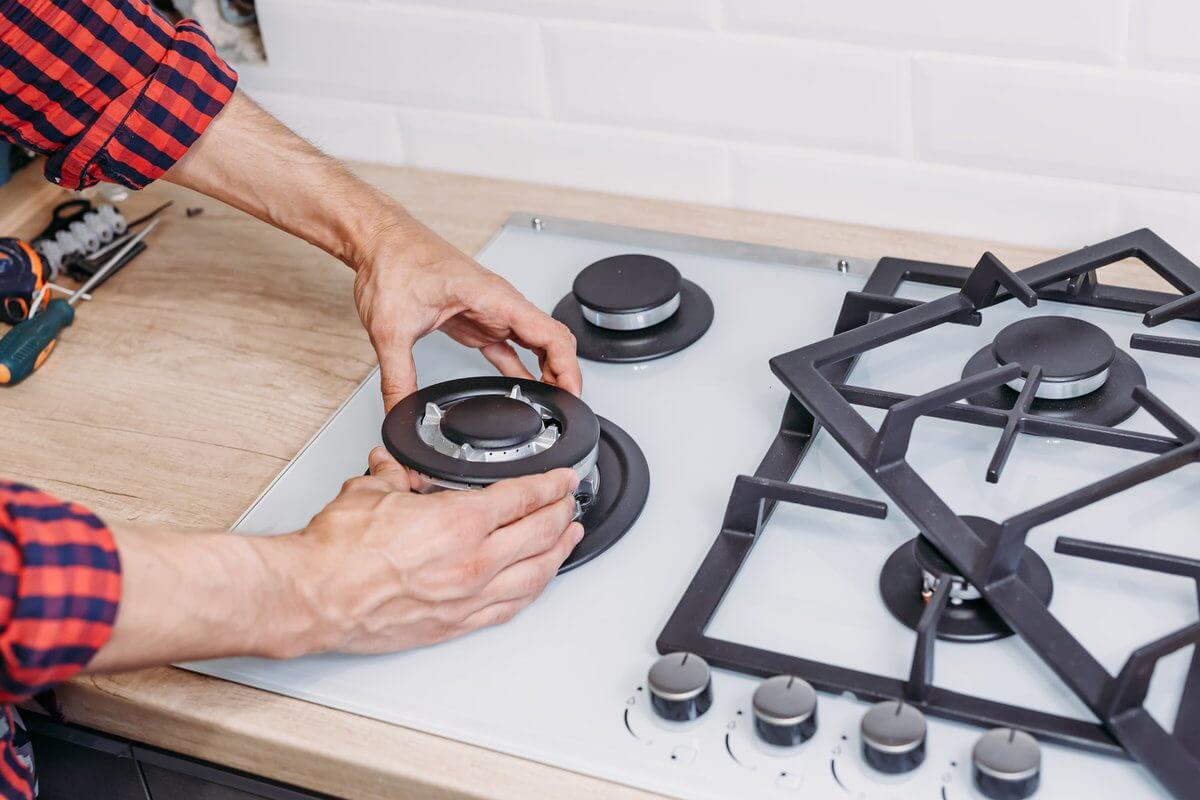

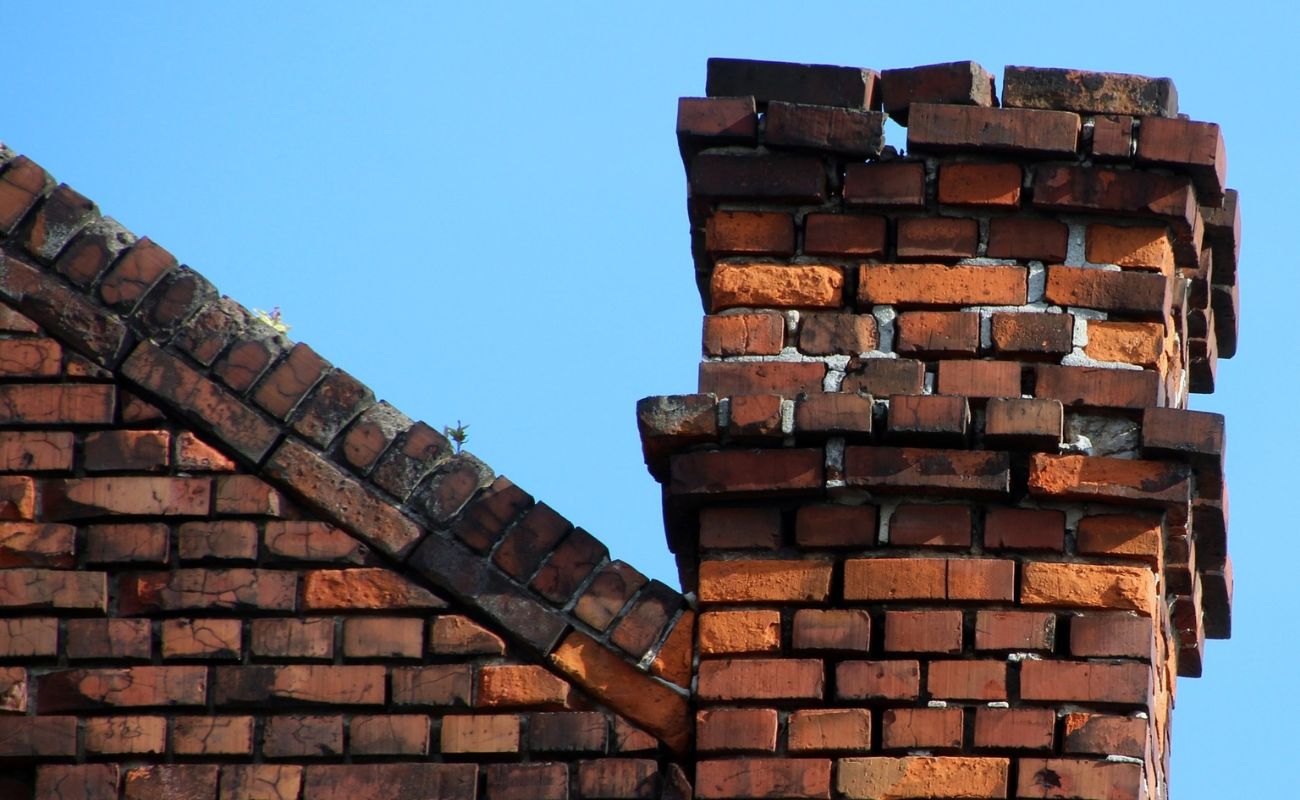
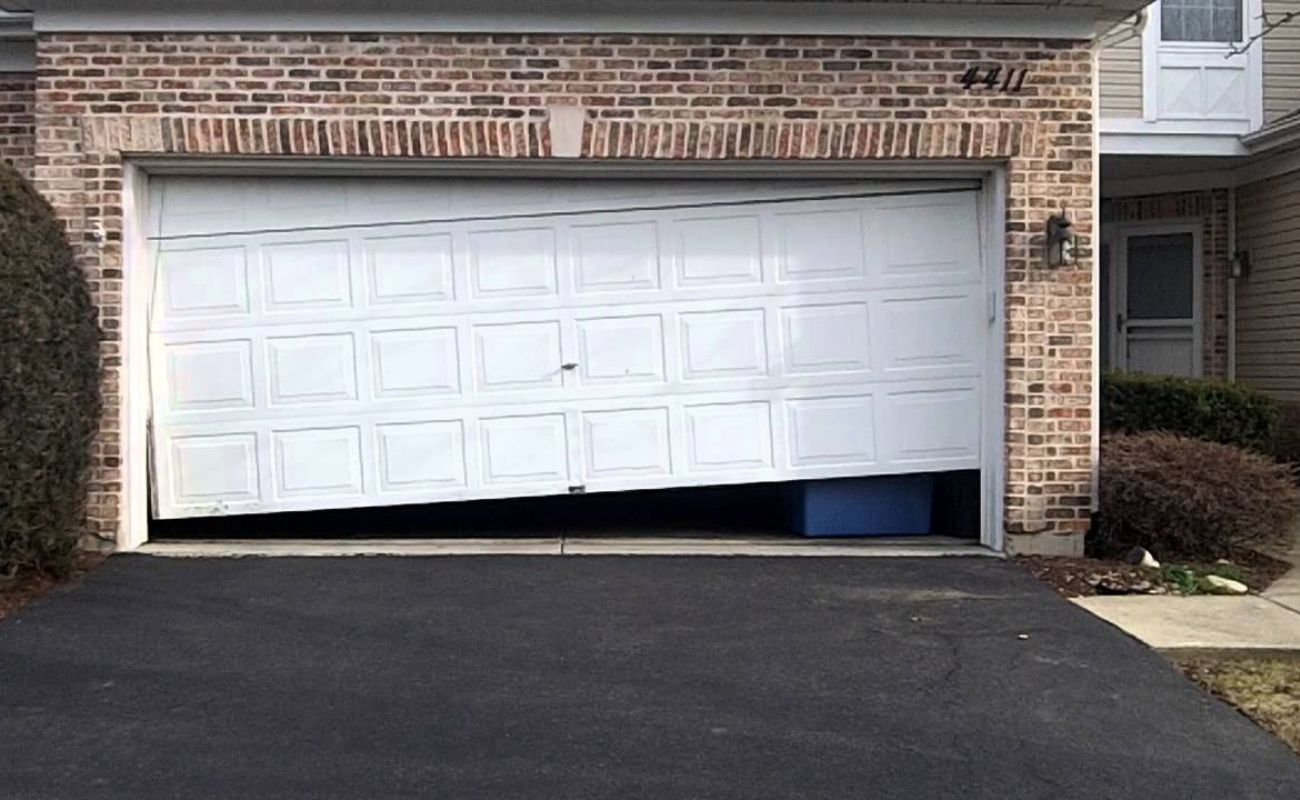
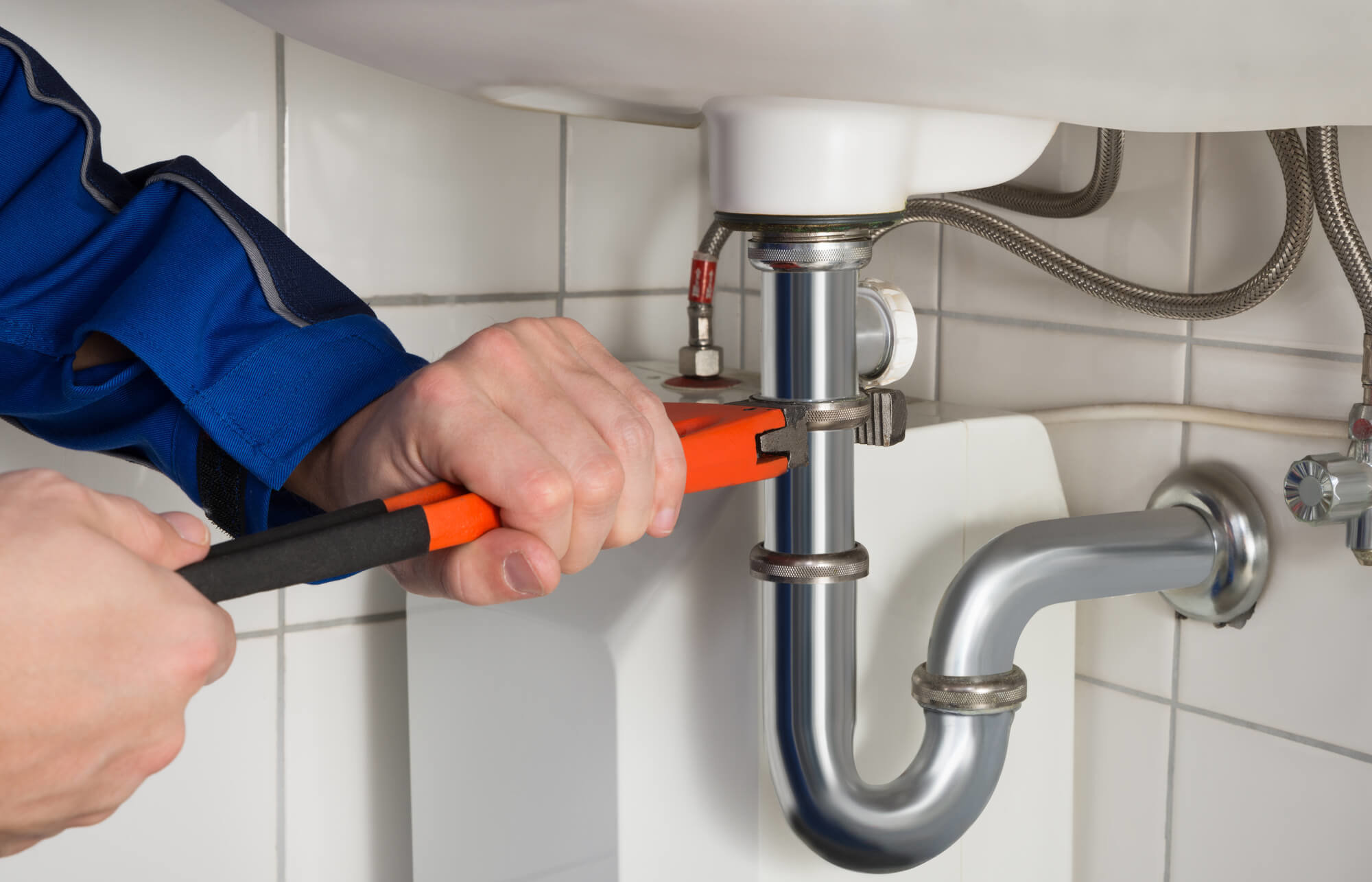
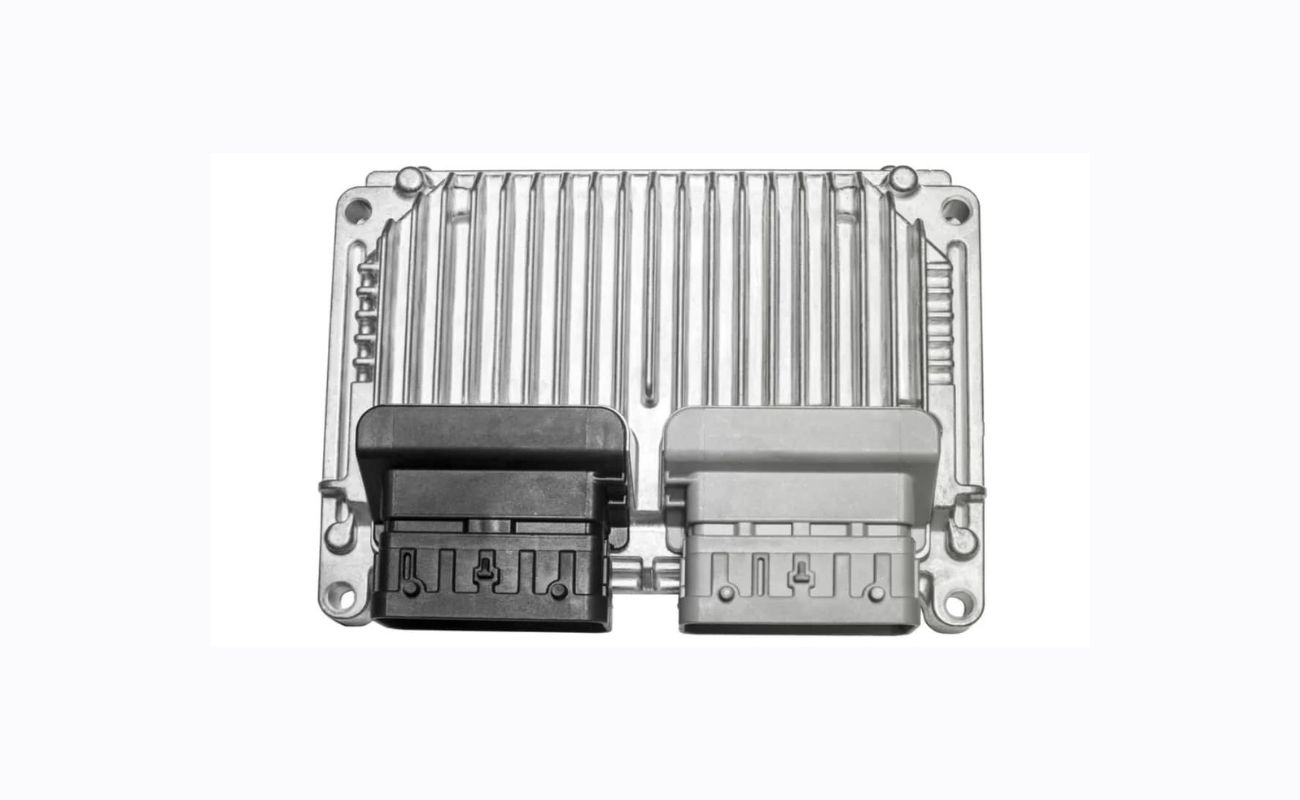

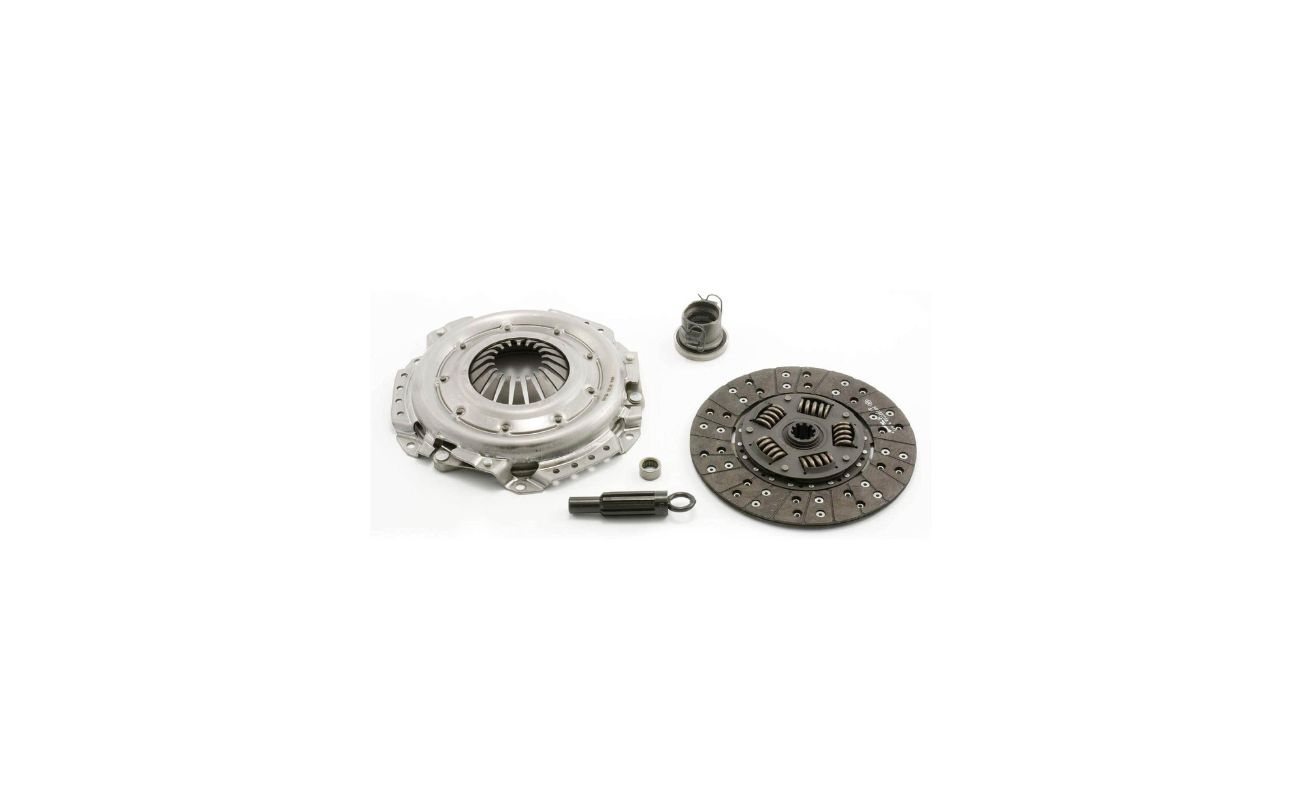

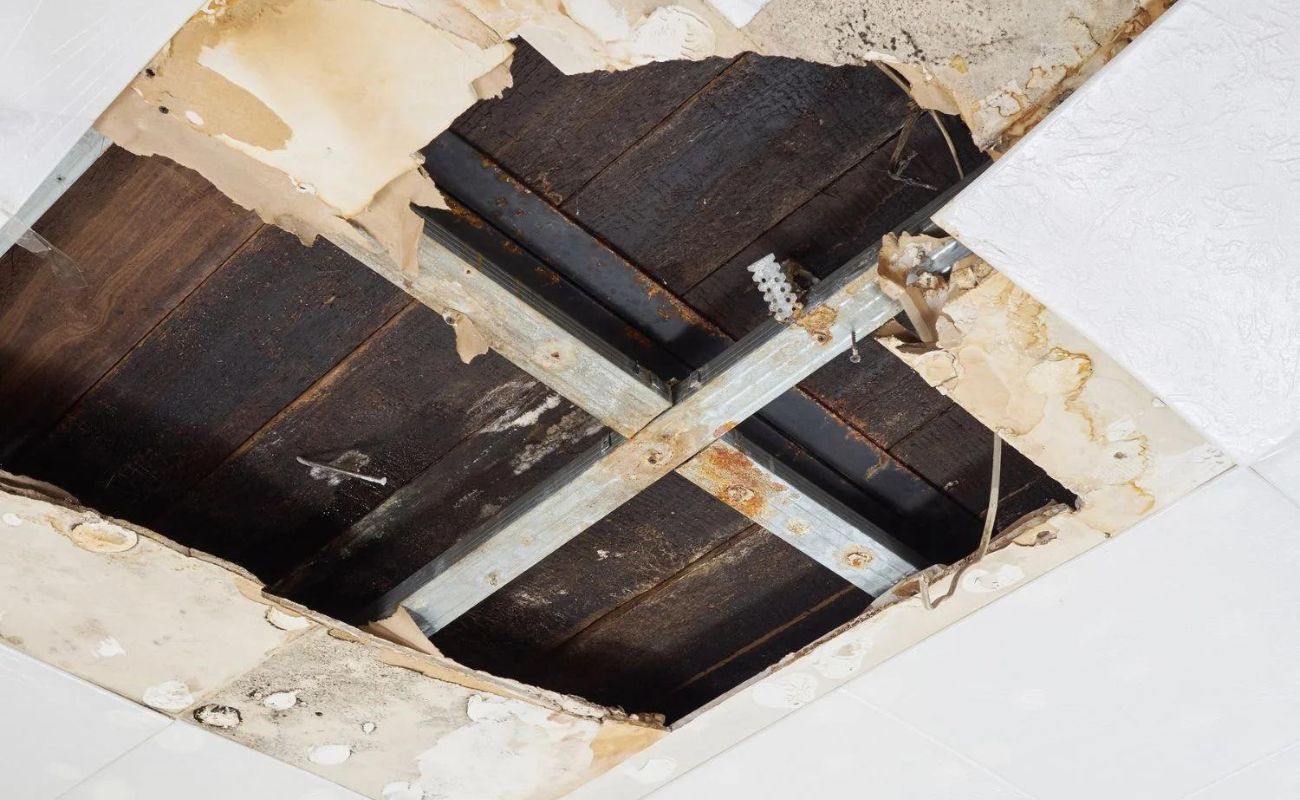
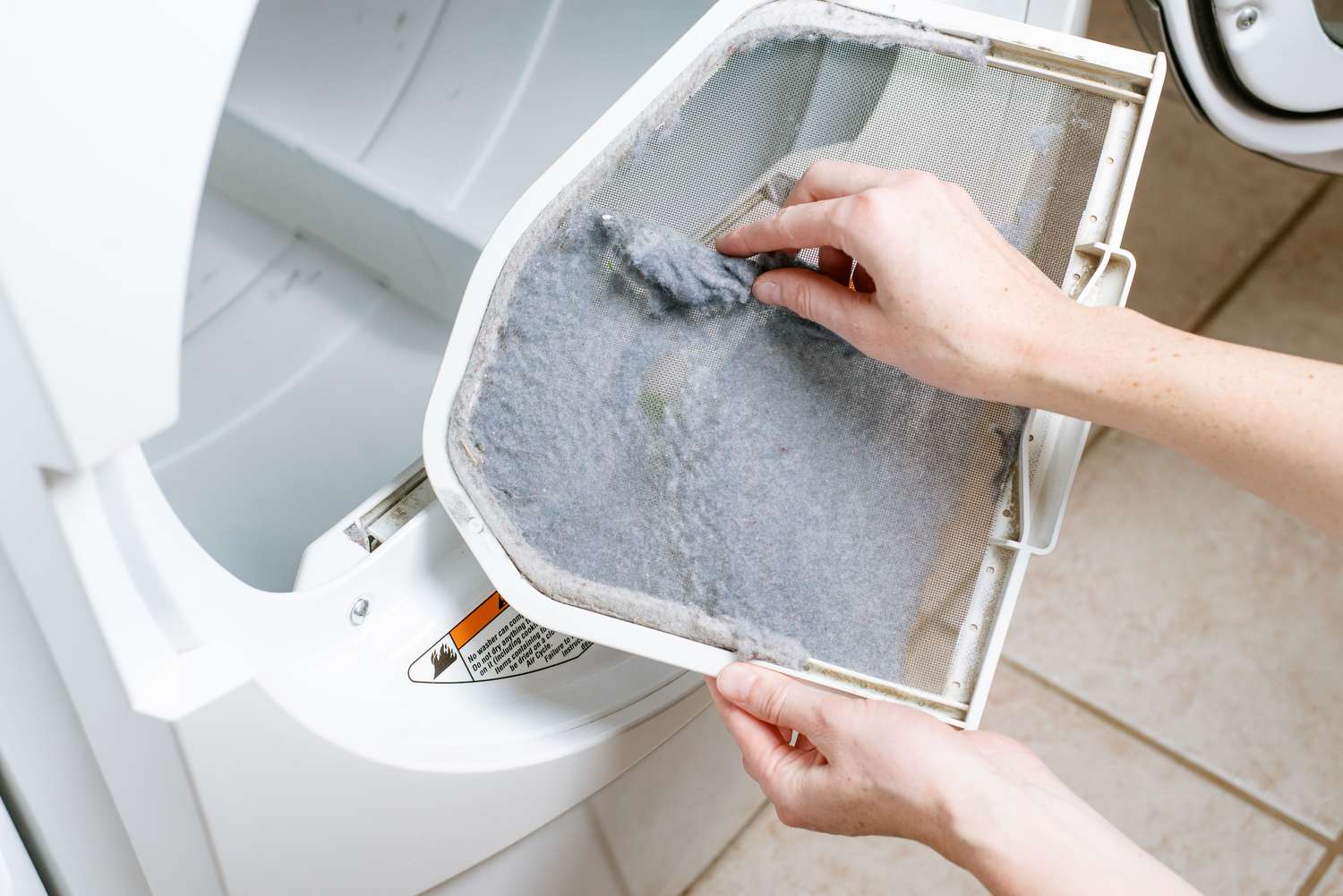


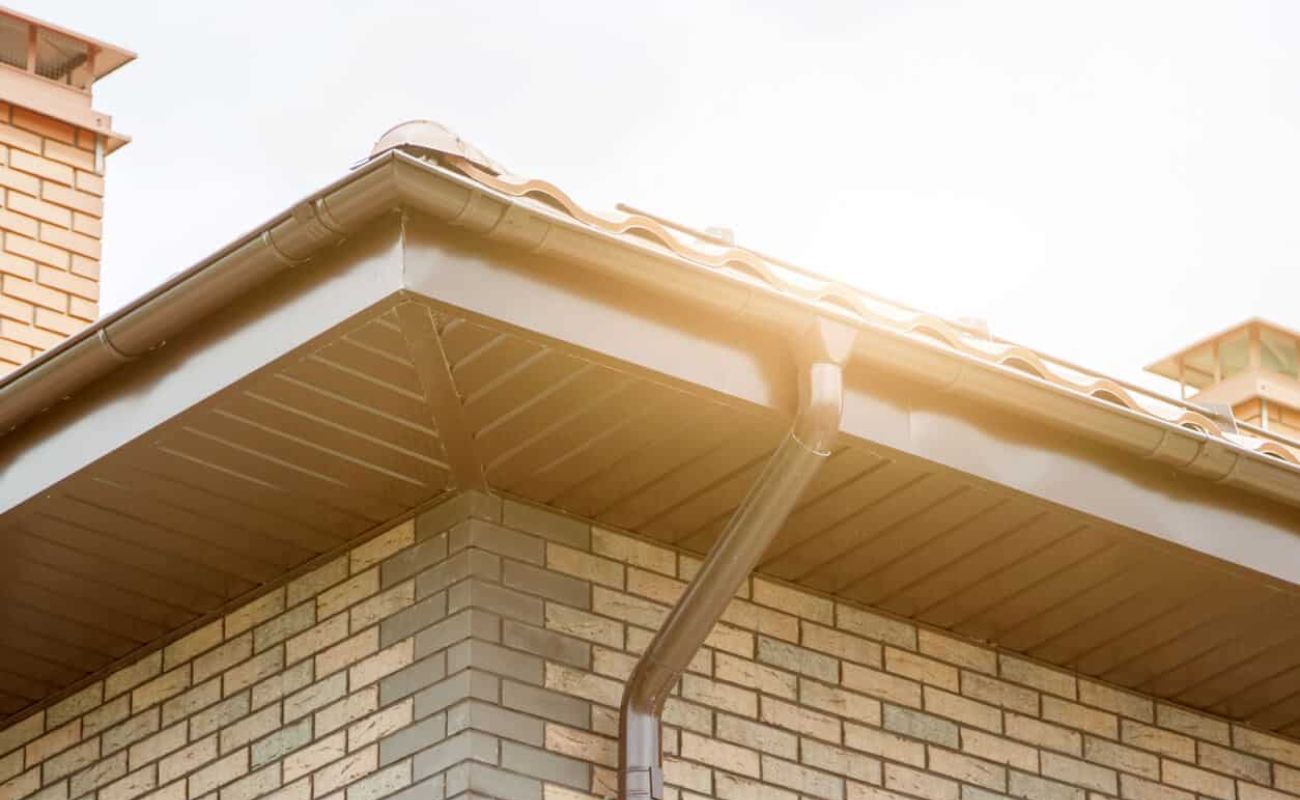

0 thoughts on “How Much Does A Home Inspection Cost In Colorado”